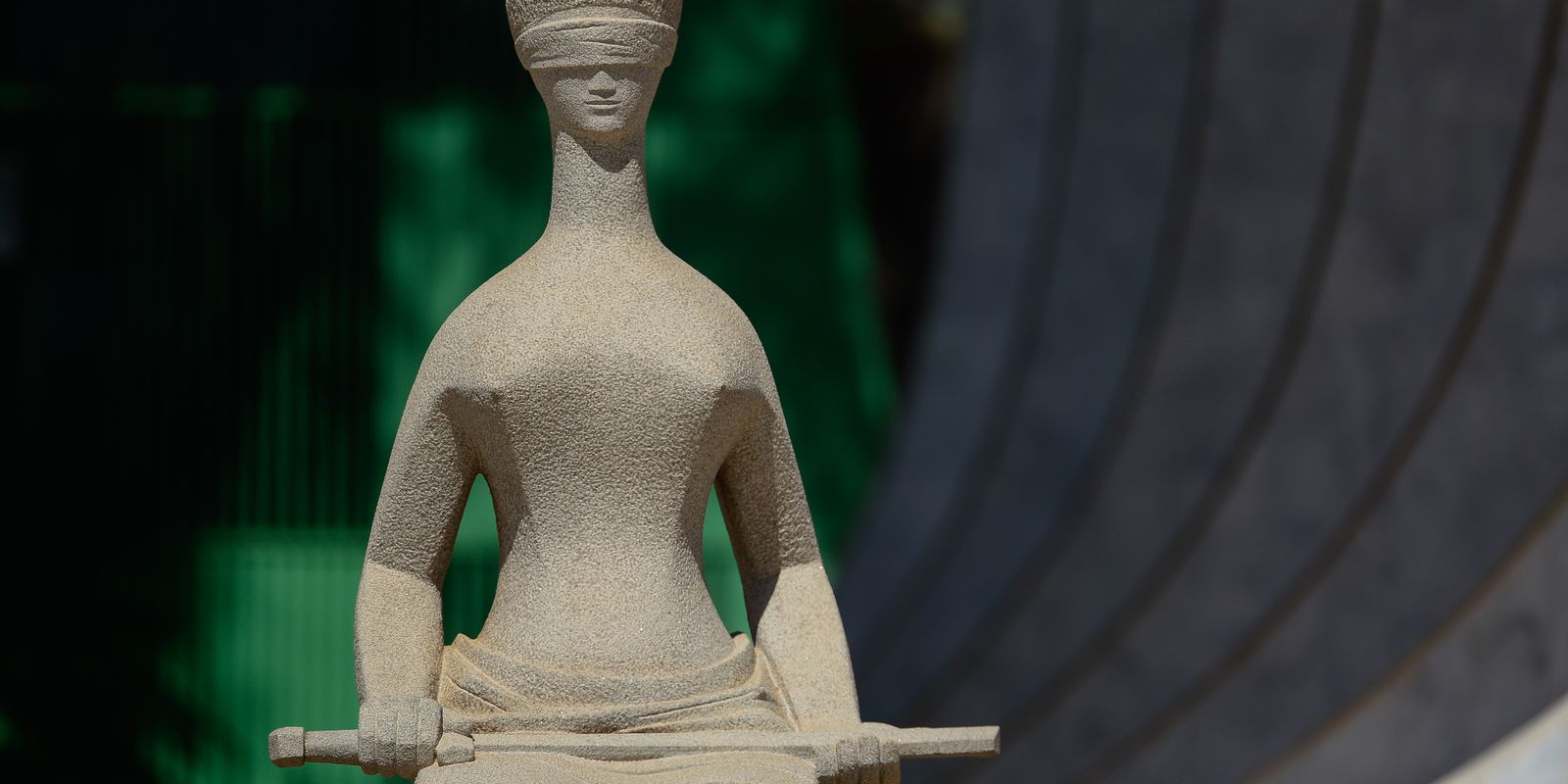The plenary of the Federal Supreme Court (STF) postponed today (2) the continuation of the trial of a request for freedom made by a young black man who claims to have been approached and arrested by the police based on the color of his skin. 
The trial was interrupted with the score of 3 to 1 by the rejection of the habeas corpus. The trial began yesterday (1st), when the prosecution and defense presented arguments. The analysis should be resumed in the next plenary session, scheduled for Wednesday (8).
Eight authorized entities also spoke out on the subject, all pointing to discrimination in the police approach and structural racism as a characteristic trait of the police forces and institutions in general in Brazil.
The Attorney General’s Office (PGR) argued that the case is not related to racism, as other elements, not skin color, determined the police approach, such as the fact that the location of the arrest was known in the city as of drug trafficking.
Vote
This Thursday (2), the rapporteur for the request for freedom, Minister Edson Fachin, agreed with the argument and voted to annul the man’s conviction. He judged that there had been the so-called racial profiling – when the police approach is based on racial stereotypes.
“The justice system has not yet shown signs that it has deactivated the network of stereotypes that attribute negative social meanings to black bodies,” said Fachin. He said that “it is the duty of this Supreme Court to recognize not just absence of just cause, but unfair cause that determines police approaches based on skin color.”
In addition to granting the habeas corpusthe rapporteur suggested the establishment of a thesis, to be applied to similar cases, according to which the personal search without a court order “must be based on concrete and objective elements that the person is in possession of a prohibited weapon or objects and papers that constitute corpus delicti, not being lawful to carry out the measure based on race, skin color or physical appearance”.
Divergence
So far, ministers André Mendonça, Alexandre de Moraes and Dias Toffoli have disagreed with the rapporteur. For the divergence, the concrete case does not allow proving the occurrence of racial profiling, although they agree on the need to combat the phenomenon.
“There is no way here to say that he was arrested because the police looked, saw a black person, went there and arrested him. The person was not in a place that is traditionally a drug spot. he was doing the modus operandi [do comércio de drogas]”, highlighted Moraes.
Even so, the minister acknowledged that structural racism “is a Brazilian sore”, which must be fought and gutted from institutions. Moraes also pointed to studies that prove the occurrence of racial profiling, and said that public security institutions have sought solutions to the problem.
Concrete case
In the specific case, the boy was approached on a corner in Bauru (SP), being caught by police with 1.58 grams of cocaine in his pocket. To justice, the prisoner said he was a drug user. He was eventually sentenced to seven years and eleven months in prison for drug trafficking. The sentence was later reduced to two years and eleven months in the second instance.
In the description given by the police officer responsible for the incident, the agent said that he “saw in the distance a black individual who was in a typical scene of drug trafficking, as he was standing by the curb on a public road, and that a vehicle was parked beside him.”
The thesis on the occurrence of racial profiling in the approach was raised in the Superior Court of Justice (STJ), where the case was sent after successive appeals from the public defender’s office.
















